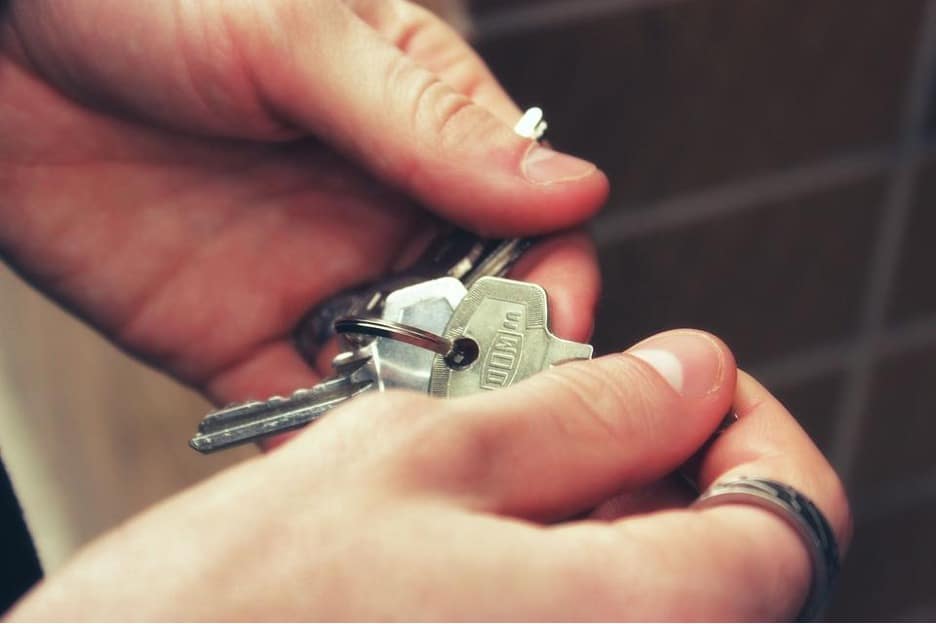We recommend developers retain professional management early in the sales process, to ensure a smooth transition. For these who opt to self-manage, the time always comes when control of the Homeowners Association (HOA) shifts from developer-controlled to owner-controlled. At the start of the relationship with homeowners, control of the HOA is almost entirely in the hands of the developer. But the company must eventually relinquish this power to the members of the HOA.
If you are a developer, how should you approach the transition process? Or as a homeowner in such a community, what should your role be during the transition? How developers and homeowners handle this process can destroy or preserve the benefits homeowners gain from buying homes in a planned community, warns Peak Residential.
Some of the problems that may arise if there is insufficient communication between the homeowners and the developer during the transition are:
- Homeowners will miss deadlines for notifying the developer or their contractors of defects in their units.
- The association may find itself saddled with costs, such as property taxes, that the developer should have paid off before handing over.
- The members of the HOA will be ill-prepared for the challenges of managing a communal environment.
These issues and others like it can be avoided if the developer and homeowners follow the best practices for transitioning an HOA from developer to owner. The most important parts of the transition process are explained below.
Key steps when transitioning your HOA from developer to owner

1. When should it be done?
The transition does not happen on a specific date; it happens over a period, which may be as short as a few weeks or as long as two years. Usually, it is a bad idea to wait until a developer has sold 100% of the units in a community to commence the transition. Some states mandate developers to start the handover process once they have sold 75% of the units in a community. Even in those states, developers may choose to begin the transitions earlier. A developer is more likely to act with responsibility in a community where homeowners show interest in the governance of the HOA.
2. Homeowners should get involved early.
Homeowners should take the initiative to organize themselves as soon as people start buying into the community. Having organized themselves, homeowners should ask to be involved in the affairs of the HOA. Approaching the transition deadline, the HOA board of director’s membership should be split evenly between the developer’s representatives and a few selected homeowners.

3. Hire professionals to help with the transition.
There are many aspects of transitioning an HOA from developer to owners which homeowners will need an expert to help them resolve. At the minimum, homeowners will need the services of a civil engineer, accountant, and attorney. We recommend owners retain professional management services.
These third-party experts help ensure that all parties are living up to their responsibilities, as spelled out in the Covenants, Conditions, and Restrictions (CC&Rs).
The following are key things that should be done – with the help of these experts – before the transition is completed.
Understand the HOA Governing Docs (CC&Rs, Bylaws & Articles)
An attorney is needed to help homeowners understand the HOA CC&Rs.
The CC&Rs define the responsibilities of the developer during the transition and specify the date for final handover. The Bylaws provide details on how the HOA is set up to govern. The attorney will also help to make sure the transition is completed in accordance with state laws.
Additionally, an attorney can help draft a memorandum of understanding stating the clauses governing the transitioning of power from developer to homeowners; this is not a requirement but an important recommendation.
Inspect the project
The board of directors should hire a licensed civil engineer, Reserve Study Specialist, and/or related professionals to do a complete inspection of the project common area improvements. This will help homeowners ensure that common areas are complete and comply with the building codes.
It will also help to identify defects in the common areas and other structures so that these can be fixed by the developer before the transition is completed. In many cases, state laws require the developer to bond or otherwise guarantee completion of the common area; once the HOA is turned over to the owners, the developer will want the bond released so having a third party inspection will give confidence to the homeowners that the common area was completed correctly.

Review documents and check records
Records of all contracts executed by the developer on behalf of the HOA are the property of the homeowners’ association. Furthermore, all documents containing details about owners, their communication with the developer, maintenance records for the various units, claims histories, or insurance certificates belong to the HOA. These records must be checked for accuracy and completeness, and copies made for the association.
Audit financial records and review existing contracts
The developer will have their own accountant who maintains the financial records for the transition. The homeowners need a third-party accountant to look at those financials. A review of the financial record will reveal how up-to-date payments are and it can help the association determine its projected revenue versus expenses.
Also, the developer would have entered into contracts on behalf of the association. These contracts must be assessed, and the board should determine if they are legitimate, necessary, and reasonable. This helps identify contracts that are not bona fide so they can be terminated before the final date of transition.
In closing, the reputation of the developer and satisfaction of the homeowners hinges on how well both parties work together to complete the transition. The level of accountability a developer brings to the process largely depends on the involvement of homeowners.
Homeowners should take the front-seat and drive the process; although the community is an investment to the developer, it is home to the owners. To protect homeowner’s interests and guarantee the best outcome, the association should hire a manager well ahead of the date when the developer is due to step back from control of the affairs of the HOA.







